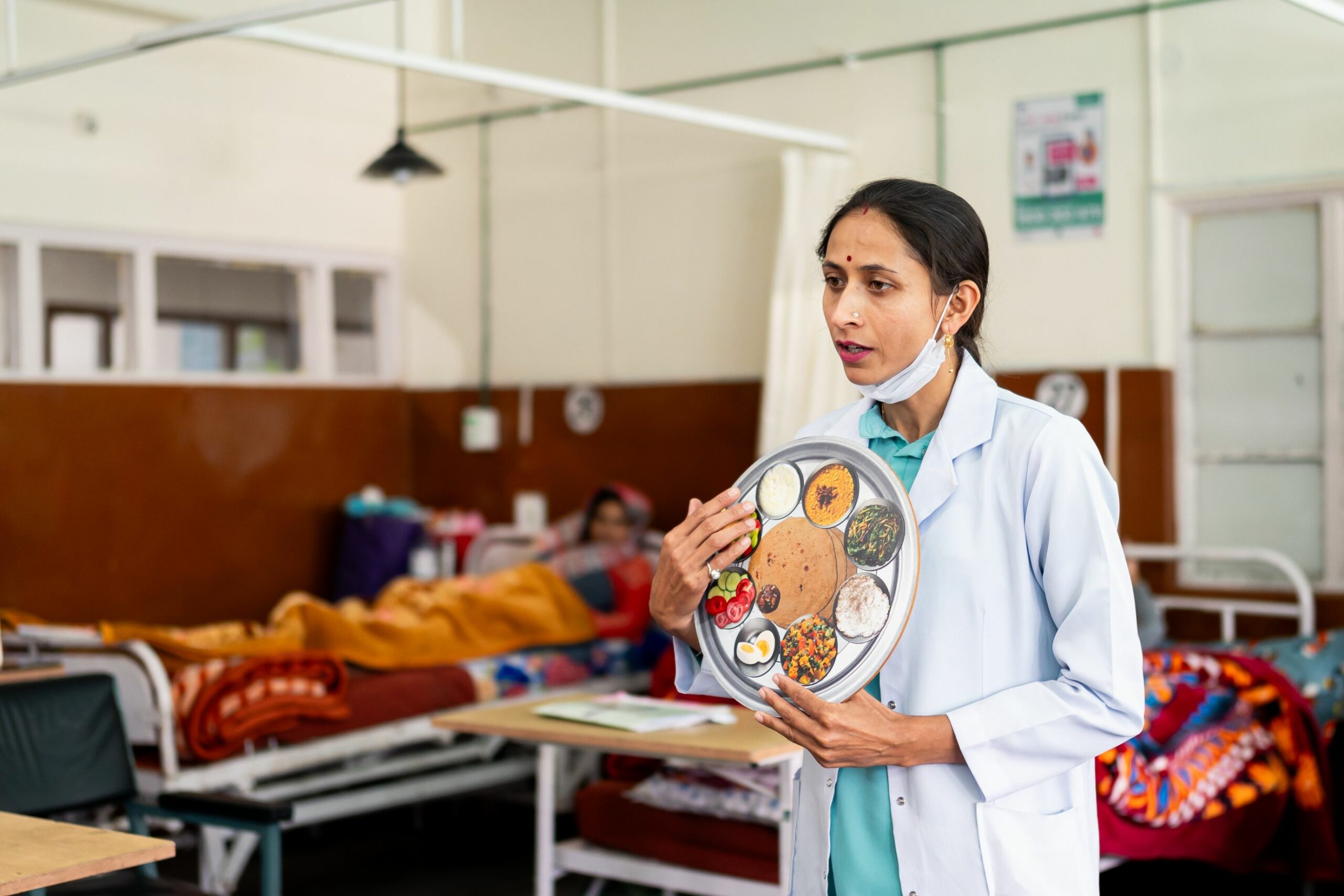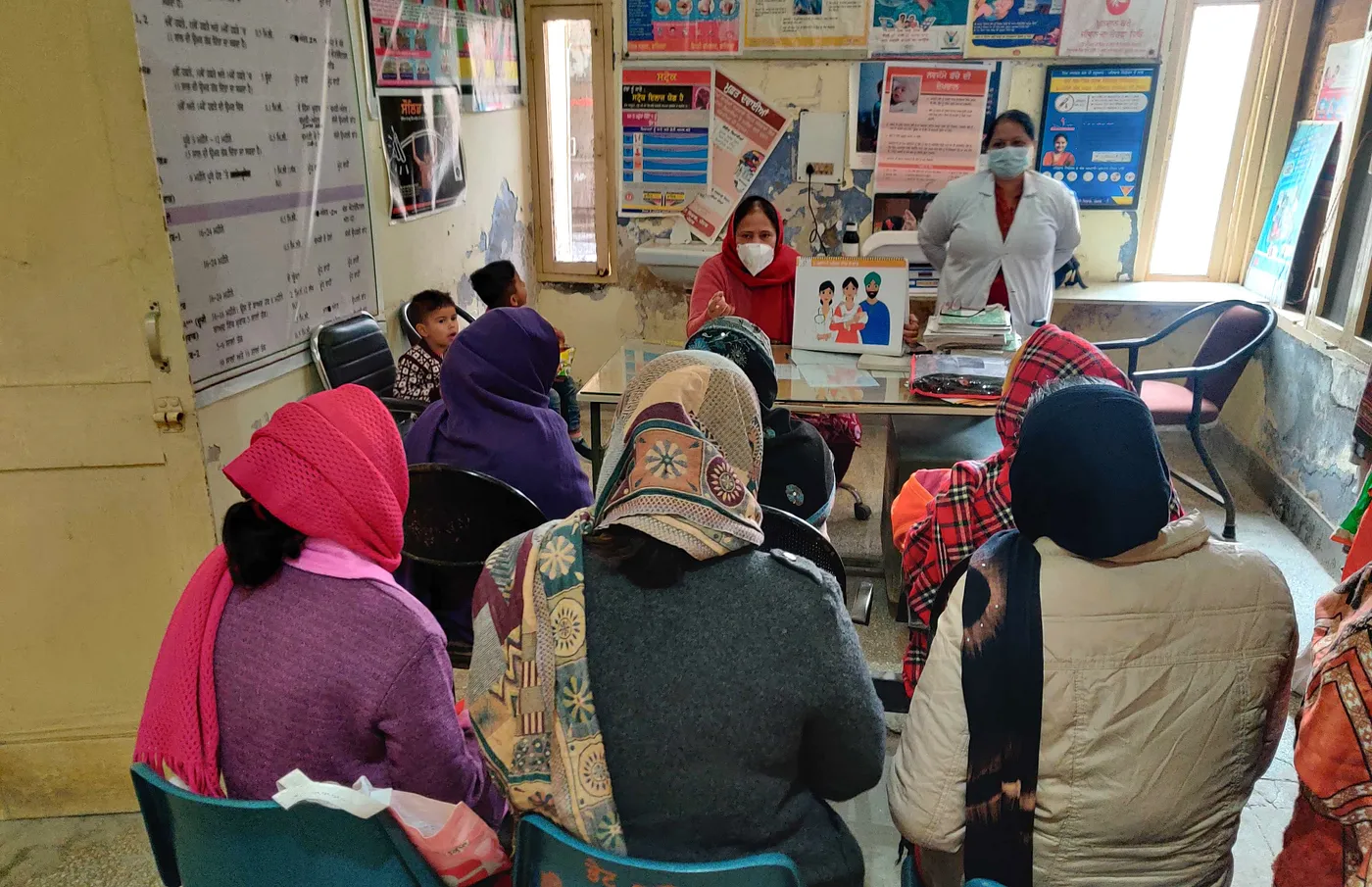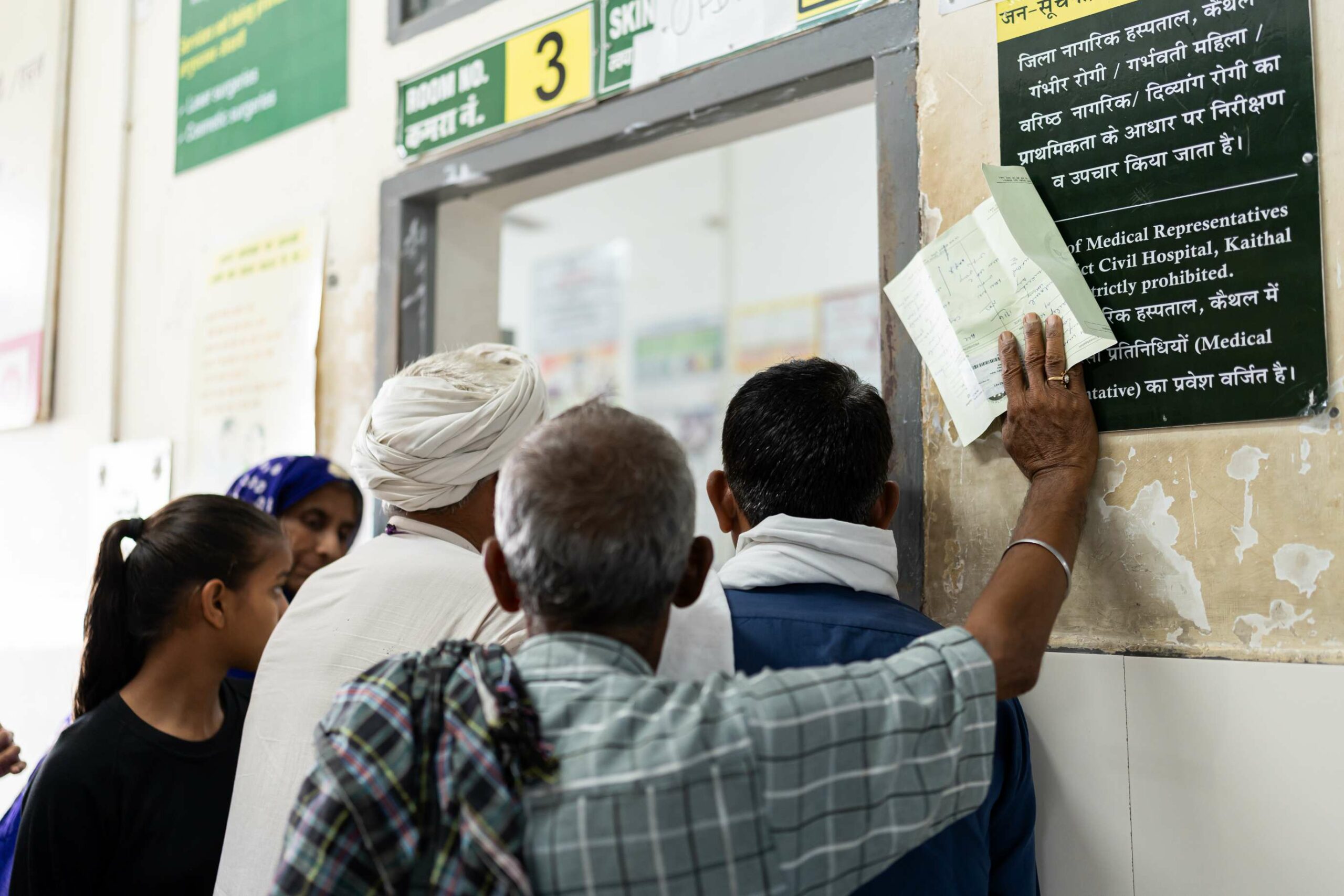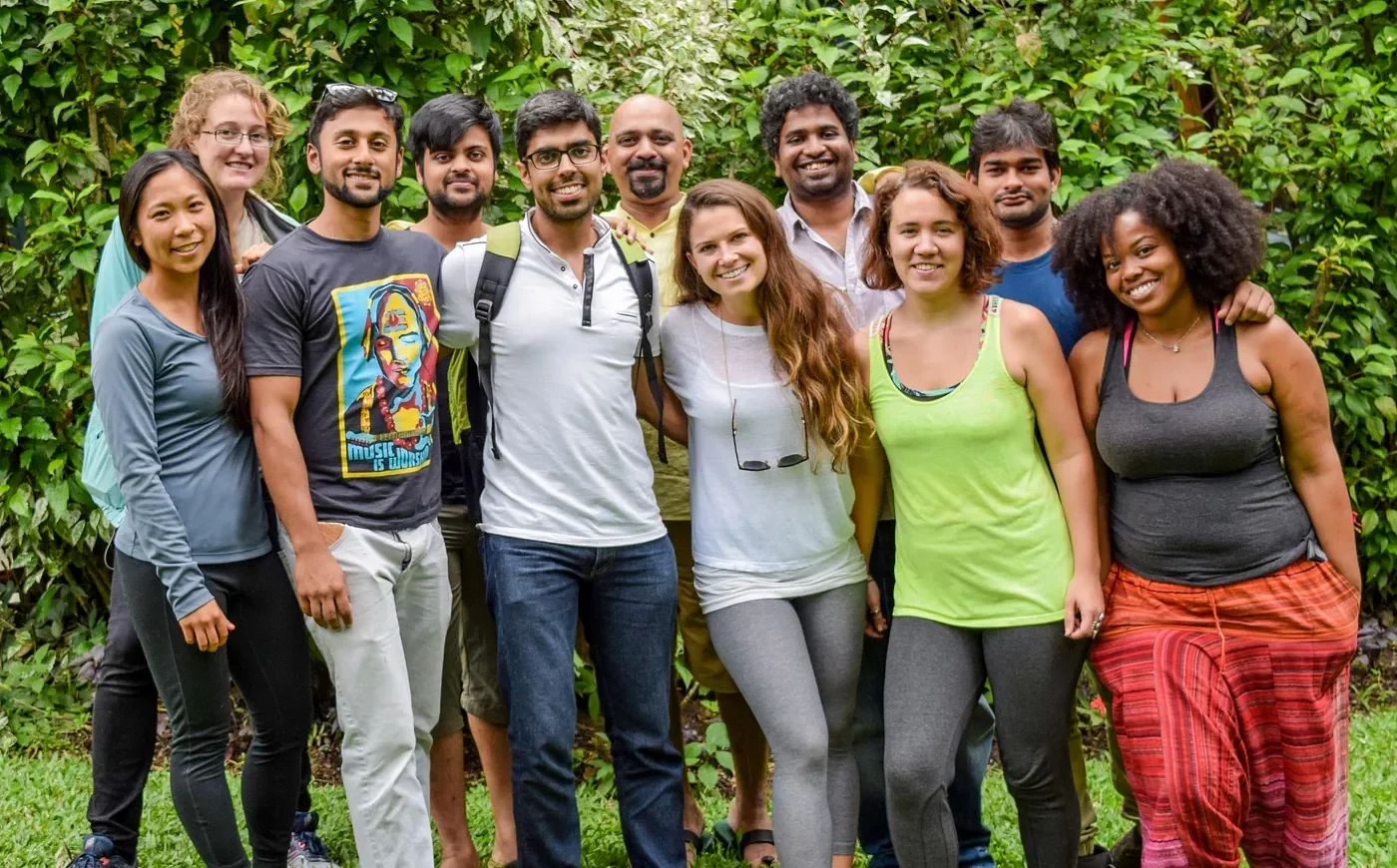

Creating a starfish organization
Six key lessons learned from starting a nonprofit with four co-founders.
Four co-founders. We’ve gotten plenty of weird looks when we introduce ourselves as such. It’s double, if not quadruple, the industry standard, and co-founding a company isn’t seen as a ‘more-the merrier’ use case. How we did it still baffles us, but four years after we first met, we’ve gained a few shreds of wisdom.
I’m going to borrow a Hindi quote used recently by a close friend and our first hire, Anubhav Arora, as a — perhaps slightly overdramatic — disclaimer: “Jo bhi main kehna chahun barbaad kare alphas mere” or, “Words will destroy whatever I mean to say.” That said, here’s my attempt to put some learnings from our wild and beautiful journey into words.
Huge strokes of luck and a lot of intention
The four of us — Edith, Katy, Shahed, and I — were semi-randomly brought together as self-selecting graduate students who took an intense, idealistic class called Design for Extreme Affordability. Each of us came in with a growth mindset, but ‘Extreme’ (as it is affectionately known) served as an incubator that was a positive feedback spiral to think in terms of radical possibilities. Our early experimental days helped us challenge the expectation that ideas are required to be realistic. The Extreme community normalized failure as necessary. It set a high bar for the amount of perseverance a team should reasonably have to implement and iterate on an idea.
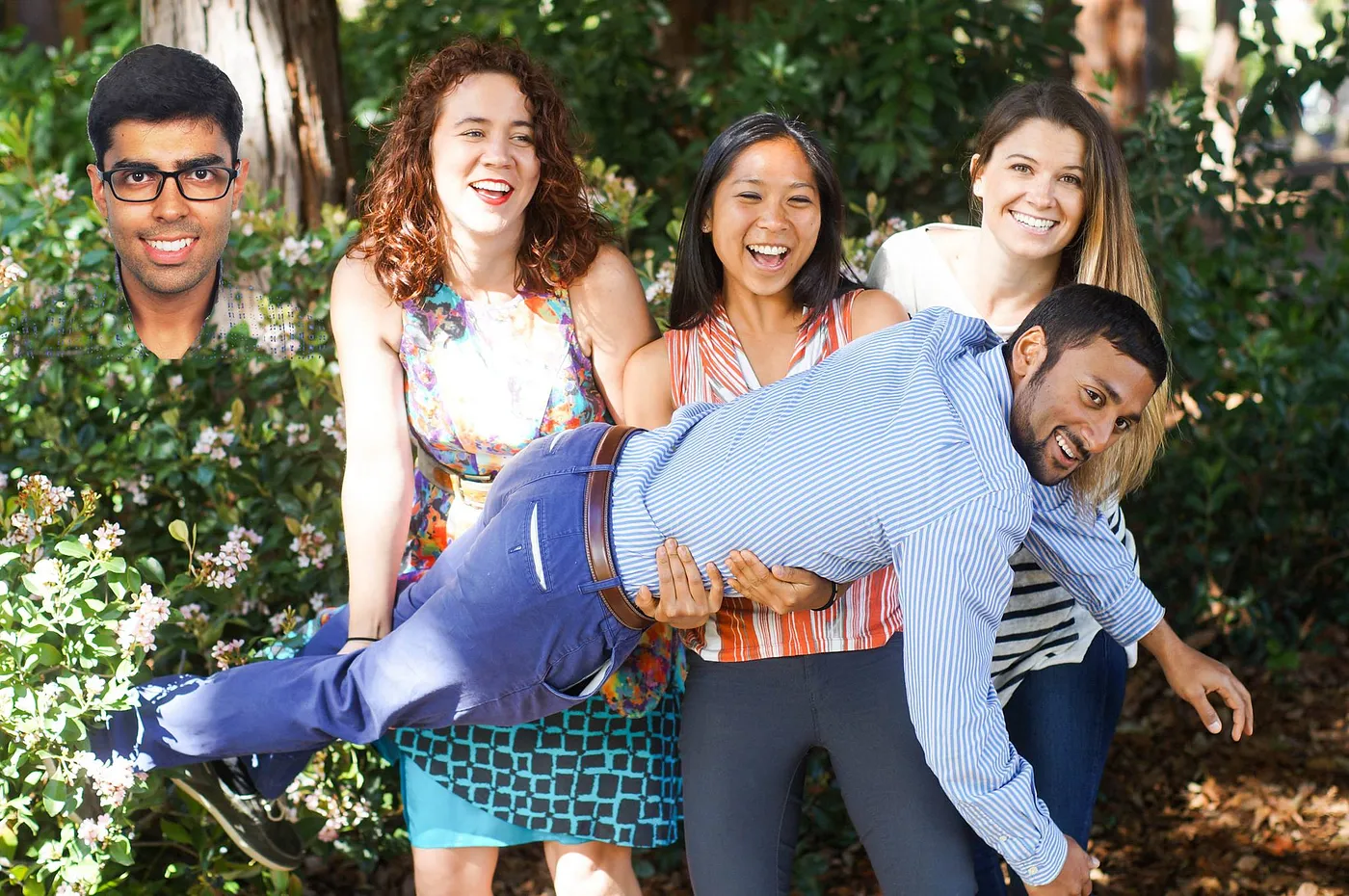
Love and fundamental respect always win
The decision for each of us to drop what we were doing and go ‘all-in’ with Noora Health was personal and asynchronous, but we all did it because of the people first. Given that each of us was already highly invested in the idea, this was particularly telling. We believe good people are more important to success than a monumental cause. A good team can mean a lot of things — compatible personalities, shared values, aligned motivations, or humor. Practically, that meant that we all enjoyed having annual retreats in treehouses where we made art to describe our best future selves, and resorted to playing ‘what is your nightmare’ to genuinely air our fears that tail-spun into hilarity. At the core, we knew that we could share our best selves, our worst selves, but always our true selves with each other.
Leaning into personality tendencies
We’re an unintentionally well-balanced team (half extrovert–half introvert, half internal product–half external partnerships, half medical–half non-medical). Even so, each of us started off as generalists and leaned more into certain personality traits to meet the team’s needs. Edith, who’s great at telling our story, took on the majority of development and marketing needs; Shahed, who’s great at making everyone want to be his friend, became our natural partnerships lead; Katy, who’s got a sixth sense for being attuned to other people’s wants and needs, lead empathy work and design; and I, who loves ground-truthing, talent-hunting, and process management, took on impact evaluation and human resources.
What was tough in our early start-up soup days was that our roles were nebulous, and it took some sieving and shaking for us to fall into neat categories. After several external meetings where all four of us attended, but only one or two people would pitch and answer questions, we quickly realized the organization couldn’t work with do-it-all and ride-along-for-everything mentalities. We were still in a student ‘class-project’ mode and needed to adapt fast.
We’ve gone through fairly organic sanding to be honest about our natural tendencies and have learned to address them head-on to fix or work through them. Disputes are unavoidable ebbs in the flow of any relationship that requires sharing so much time and space together, and we chose to use them as opportunities to learn about another facet of each other. Tough conversations about work styles, missed communication opportunities, or product direction have been goldmines for unveiling personality quirks. Since we know deep down, there’s that bedrock of love and respect, we’re not afraid to have those real talks.
Building co-founder intuition
From the get-go, we made decisions by consensus. This took considerably more time, but it was an organic way for us to learn patterns of how each of us think and approach problems. There were frequent misalignments of desired processes, but to-date, not of desired outcomes. By massaging out solutions based on each of our perspectives, we developed a good intuition for how each of us would react in any given circumstance. Each misreading has been fodder for honing future predictions. As a result, we have incredible trust in each other’s values, decisions, and actions to represent the whole. Now, we really only need to get consensus on big organizational direction decisions.
In parallel with talking out our reasoning for a certain decision, we also frequently talked about our individual fears and ‘existential crises’ for the organization and plans of attack. In these moments the lines between work and personal life blurred often, since individual values would inevitably come up. These values became guiding pillars of our strategy and were unintentionally woven into the culture of Noora Health.
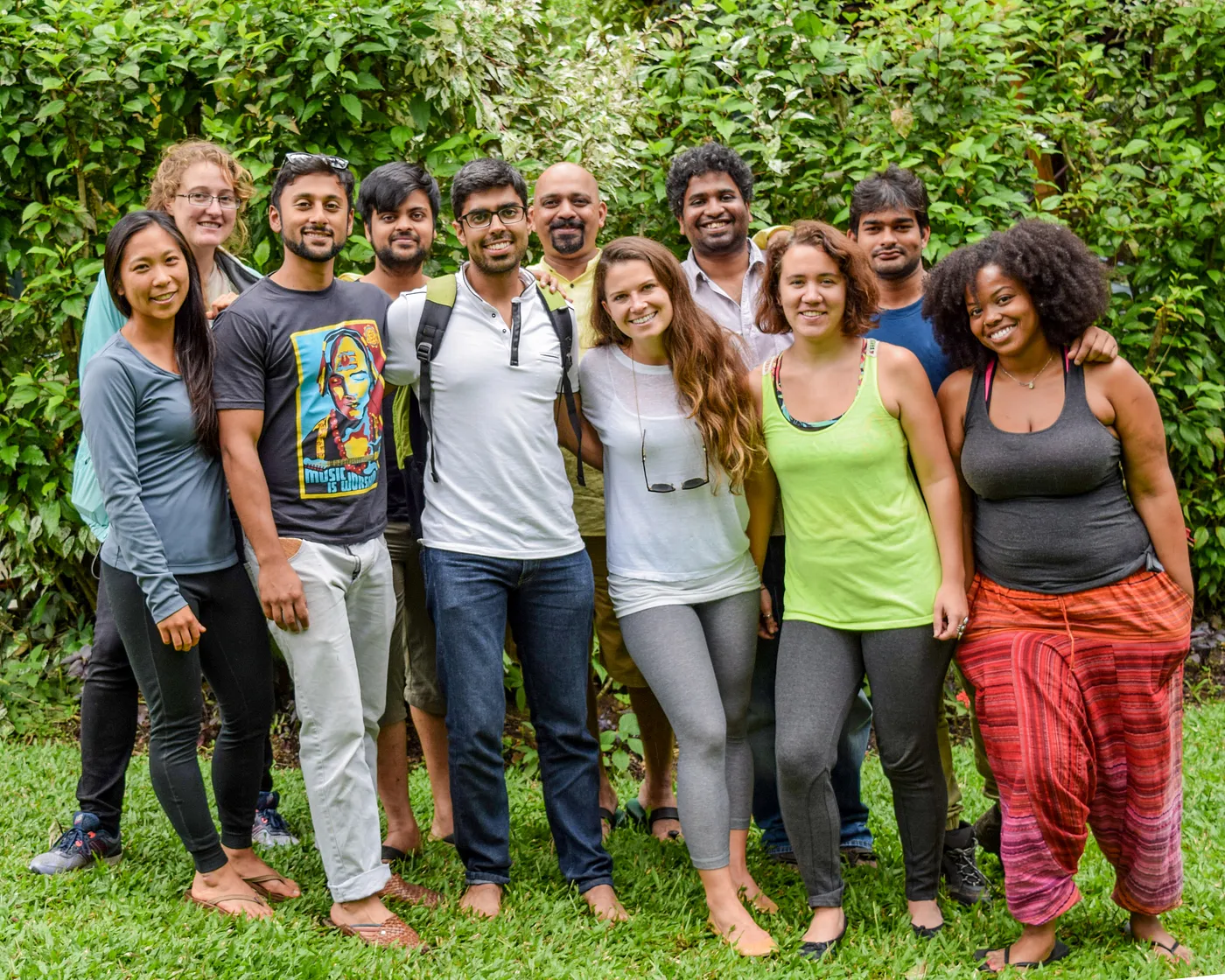
Letting go of ego
We started off as a bunch of twenty-something-year-olds who decided to become a four-parent communal family in raising this organization. We’ve each sacrificed for infant, toddler, and now teenage Noora’s needs and best interest, while attempting to stay true to self. Luckily, there are four of us to split responsibilities, but it has taken immense amounts of honest communication and trial and error to balance on this dynamic equilibrium.
Emphasis on the individual
We built Noora Health as an organization that keeps people first, which for us, means respecting people’s agency, treating everyone with dignity, and recognizing the shared humanity in us all. This principle applies to patient families we work with, our teammates and fellows, and ourselves. With regard to this last point, drawing personal boundaries to ensure wellness was the first ground rule we set as a team in Extreme, when we knew that this intense class tended to consume.
We’ve managed to mostly hold ourselves accountable, despite the endless needs of breathing life into Noora Health. The lapses when we’ve noticed one person sacrificing too much has put stress on our entire ecosystem, so it’s in the organization’s best interest when one of us advocates for another co-founder’s wellbeing — be it Shahed going running, Edith chasing a sunset with her husband, Katy hosting a party, or me, mad-dashing to the ocean. We can’t be good friends, family members, members of our respective communities, or co-founders as overly-extended people.
The future
The Noora Health universe is unique because it was built upon the sum of our individual co-founder values and personalities. But in order to hit lightspeed, we need to be able to communicate and externalize why the organization exists. In the past couple of years, we’ve expanded beyond just our first couple of hires to build a team of talented, driven individuals. In order for newcomers to invest in us, we need to make it easy for them to swim in sync with our work and cultural rhythm. This opportunity is presenting itself currently with my departure from Noora Health to finish medical school. While I’m sad to be watching from the sidelines, replacing my piece of the puzzle will give room for others to step in, and like a starfish, sprout another leg.
A note from Edith + Shahed: As of 2023, Jessie is currently practicing medicine full-time in California and remains a close friend, mentor, and starfish guide for the organization.
This article was originally published on Mar 14, 2016 and edited and updated in July 2023.

